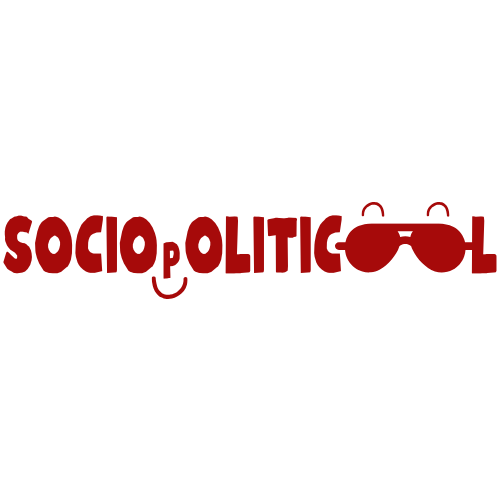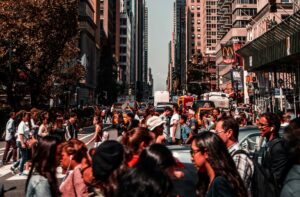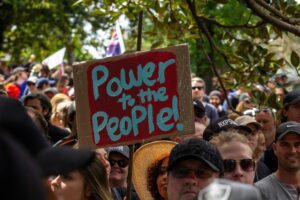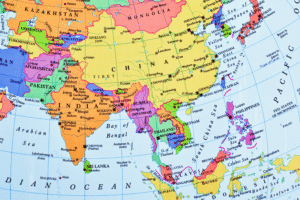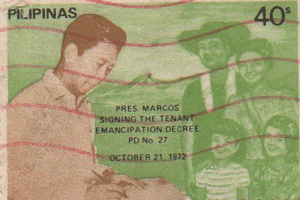The American Revolution was one of the most important turning points in world history because the United States was born through it.
If you don’t know any history, it is hard to believe that the most powerful country today was at the mercy of Europe back then.
And it wasn’t a country yet!
It was formed by the thirteen colonies in North America when they became frustrated by the oppression from Britain, their ruling country.
And then it expanded. Many nearby states and territories joined in through different means. Hawaii was the last one added, in 1959.
Indigenous Peoples Lived in the Americas Before European Colonization
Indigenous peoples peacefully lived across the Americas before they were colonized: Iroquois, Apache, Aztec, Maya, and Inca, to name a few.
When Europeans arrived in their territories, they unintentionally brought diseases, which killed millions of people due to a lack of immunity.
European colonizers brought smallpox, measles, influenza, typhus, diphtheria, whooping cough, bubonic plague, malaria, and yellow fever, among others.
Those who didn’t die and suffer from health issues were displaced from their lands, enslaved, or forced to assimilate into European ways of life.
They were deeply affected by the colonization.
Colonization Started After the First Voyage of Christopher Columbus
When Christopher Columbus reached the Caribbean in 1492, he thought he had found a new route to Asia.
This is why he called the Indigenous peoples “Indians.”
He returned to Europe to report his discoveries to King Ferdinand and Queen Isabella. Soon after, different European powers began to claim parts of it.
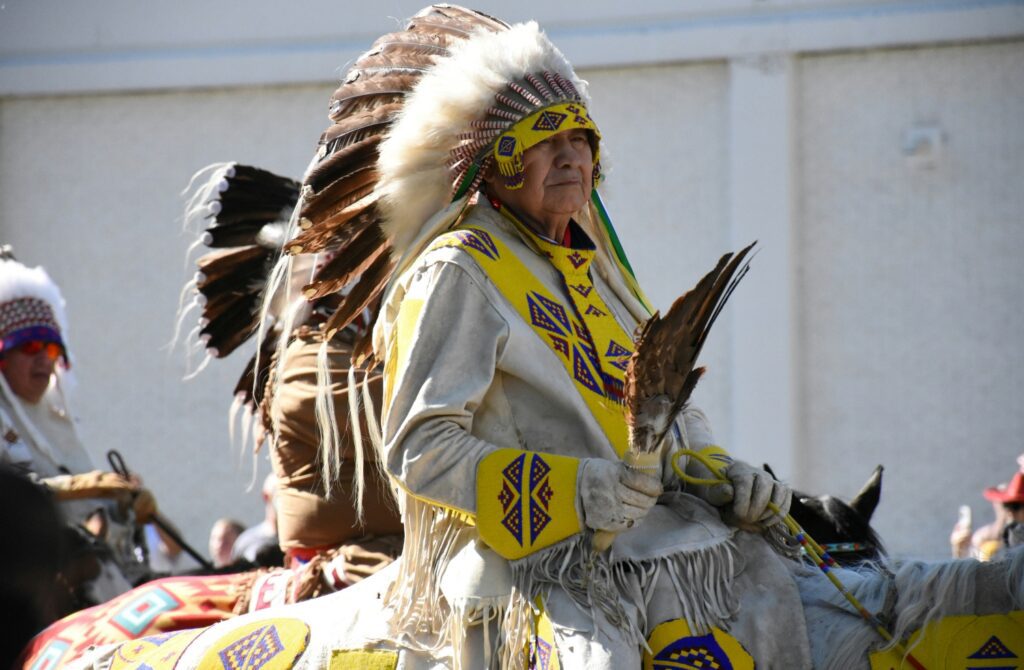
Spain
Spain was the first to establish colonies in the Americas. It claimed Mexico, Central America, the Caribbean, and large parts of South America to provide wealth to the Spanish crown through mining, agriculture, and trade.
It conquered some indigenous communities, too. It introduced Catholicism to them, then took their land, gold, and resources. Not very Catholic!
Portugal
Portugal didn’t establish colonies in North America, but its control over Brazil made it extremely wealthy.
Portugal gained control over Brazil through the Treaty of Tordesillas with Spain in 1494.
Brazil became a center for sugar production at the time, relying heavily on enslaved Africans who were forcibly brought to the region.
It remains Portuguese-speaking to this day.
France
In North America, French colonists settled in Canada, along the St. Lawrence River, and down the Mississippi River into Louisiana.
They built trade networks, especially in fur trading with Indigenous peoples.
They also included territories in the Caribbean, such as Haiti, which became one of the richest colonies in the world due to sugar production.
Britain
Britain established the thirteen colonies along the eastern coast of North America. Eventually, more colonies were created.
Here are the thirteen colonies:
- New Hampshire
- Massachusetts
- Rhode Island
- Connecticut
- New York
- New Jersey
- Pennsylvania
- Delaware
- Maryland
- Virginia
- North Carolina
- South Carolina
- Georgia
When the colonists began to feel exploited due to the limited economic freedom and the strict laws imposed, they desired independence.
And that caused the American Revolution. More on that later!
Netherlands
The Netherlands’ most notable colony was New Netherland, which included parts of present-day New York, New Jersey, Delaware, and Connecticut.
The Dutch built settlements and focused on trade. New Amsterdam, its main city, later became New York City when the British took control in 1664.
Denmark
Denmark established colonies in the Caribbean, such as the Virgin Islands, which were used mainly for sugar production.
It relied on enslaved Africans to work on plantations.
African Americans involved in the Civil Rights Movement were descendants of enslaved Africans during European colonization.
Its colonies were important for trade and agriculture, even if they were not as influential as those of Britain, France, or Spain.
Sweden
Sweden also tried to establish a colony in North America in the 1600s, called New Sweden. It was located along the Delaware River.
New Sweden lasted only about 17 years before being taken over by the Dutch.
While short-lived, it left behind cultural traces, such as the introduction of the log cabin, a building style that became common in the United States.
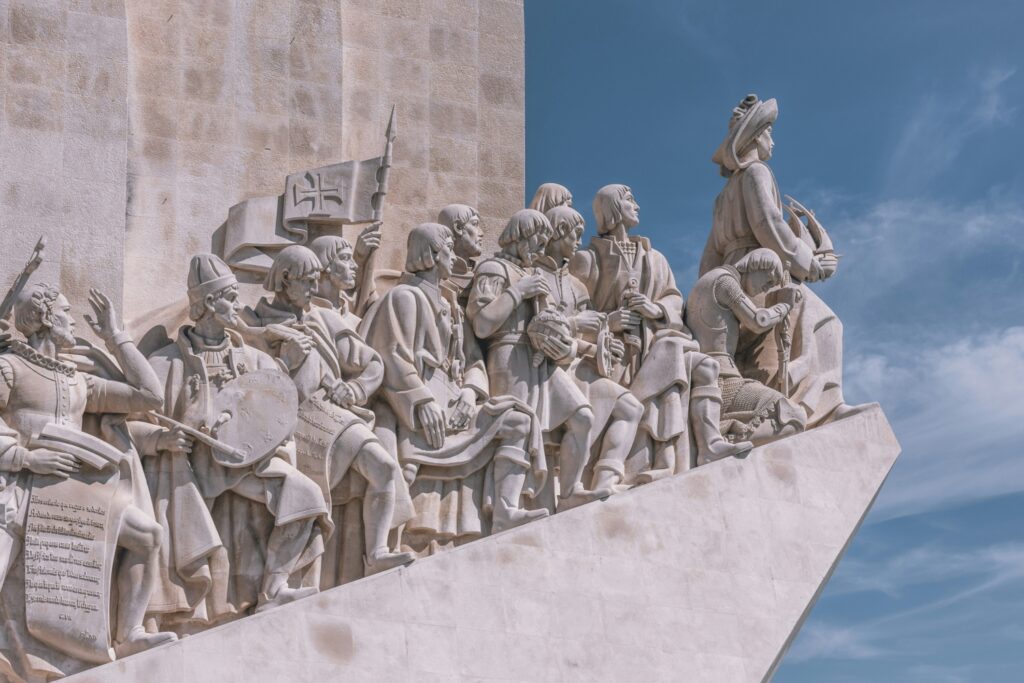
Thirteen Colonies Suffered Under British Rule
When Britain won the French and Indian War, the British government imposed new taxes on its colonies, including the thirteen, to recover its losses.
It also limited their ability to trade freely with other countries, which hurt their economy. Then, they began to feel oppressed.
Below are the events that pushed them to start the American Revolution.
Stamp Act
The Stamp Act of 1765 required the colonies to pay taxes on printed materials like newspapers, legal documents, and even playing cards.
It was seen as unfair because it was created without any input from them. Some protested, and then some boycotted British goods.
It was eventually repealed due to the strong opposition, but it planted seeds of distrust that would grow over the next decade.
Boston Massacre
Tensions had been rising in Boston because of the presence of British troops, who were stationed to enforce unpopular laws and taxes.
In 1770, five people were killed when the British soldiers opened fire in response to violent confrontations by the colonists.
Boston Tea Party
The Boston Tea Party was a protest against the Tea Act in 1773.
The Tea Act gave the British East India Company the right to sell tea directly to the colonies at a lower price, but still taxed it.
In response, a group of colonists disguised as Native Americans boarded British ships in Boston Harbor and dumped 342 chests of tea into the water.
Intolerable Acts
In 1774, Britain responded to the Boston Tea Party with a series of laws known as the Intolerable Acts, which were meant to punish Massachusetts for its rebellion and included closing the port of Boston until the tea was paid for.
It angered colonists across all thirteen colonies, not just in Massachusetts.
So, they began to unite, leading to the creation of the First Continental Congress and paving the way for the American Revolution.
“The Shot Heard ‘Round the World”
In 1775, at Lexington and Concord in Massachusetts, colonial militias faced off against British soldiers, and the first shots were fired.
No one knew who pulled the trigger first, but it became known as “the shot heard ‘round the world” because it started the American Revolution.
Then, the colonies organized the Continental Army under George Washington.
George Washington was the first president of the United States.
The war was long and difficult. Thousands of people died, and they suffered greatly. However, when France and other countries joined their side against Britain, they regained their strength.
In 1781, British General Cornwallis surrendered at Yorktown. In 1783, the Treaty of Paris was signed, officially ending the war.
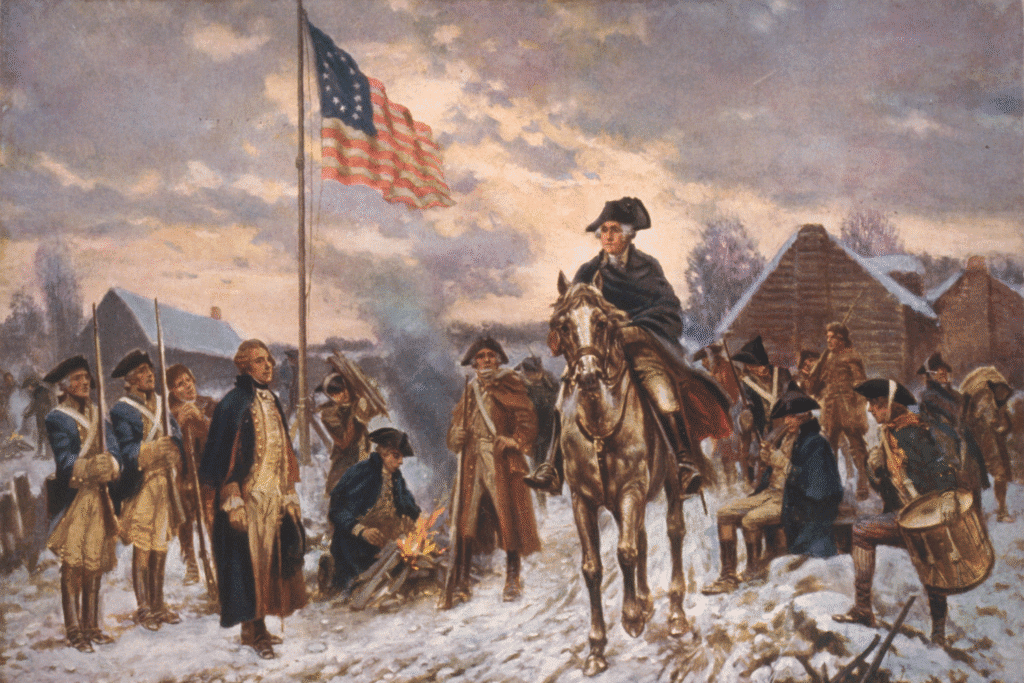
The Treaty of Paris Granted the Thirteen Colonies Independence
The American Revolution officially ended in 1783 with the signing of the Treaty of Paris, which recognized the thirteen colonies as independent states.
It also set the borders of the new United States, giving it land stretching from the Atlantic Ocean to the Mississippi River.
Thirteen Colonies Formed the United States
After gaining independence, the thirteen colonies united to form the United States of America. This was not an easy process because each colony had its own government, culture, and interests.
They first came together under the Articles of Confederation, which created a central government. But it soon proved ineffective, so they adopted the United States Constitution in 1787, creating a federal government.
The United States Celebrates Its Independence Every Fourth of July
The Declaration of Independence was adopted in the United States on July 4, 1776. It was written mainly by Thomas Jefferson; he announced to the world that the thirteen colonies were breaking away from Great Britain.
That is the reason why the Fourth of July is significant for Americans.
